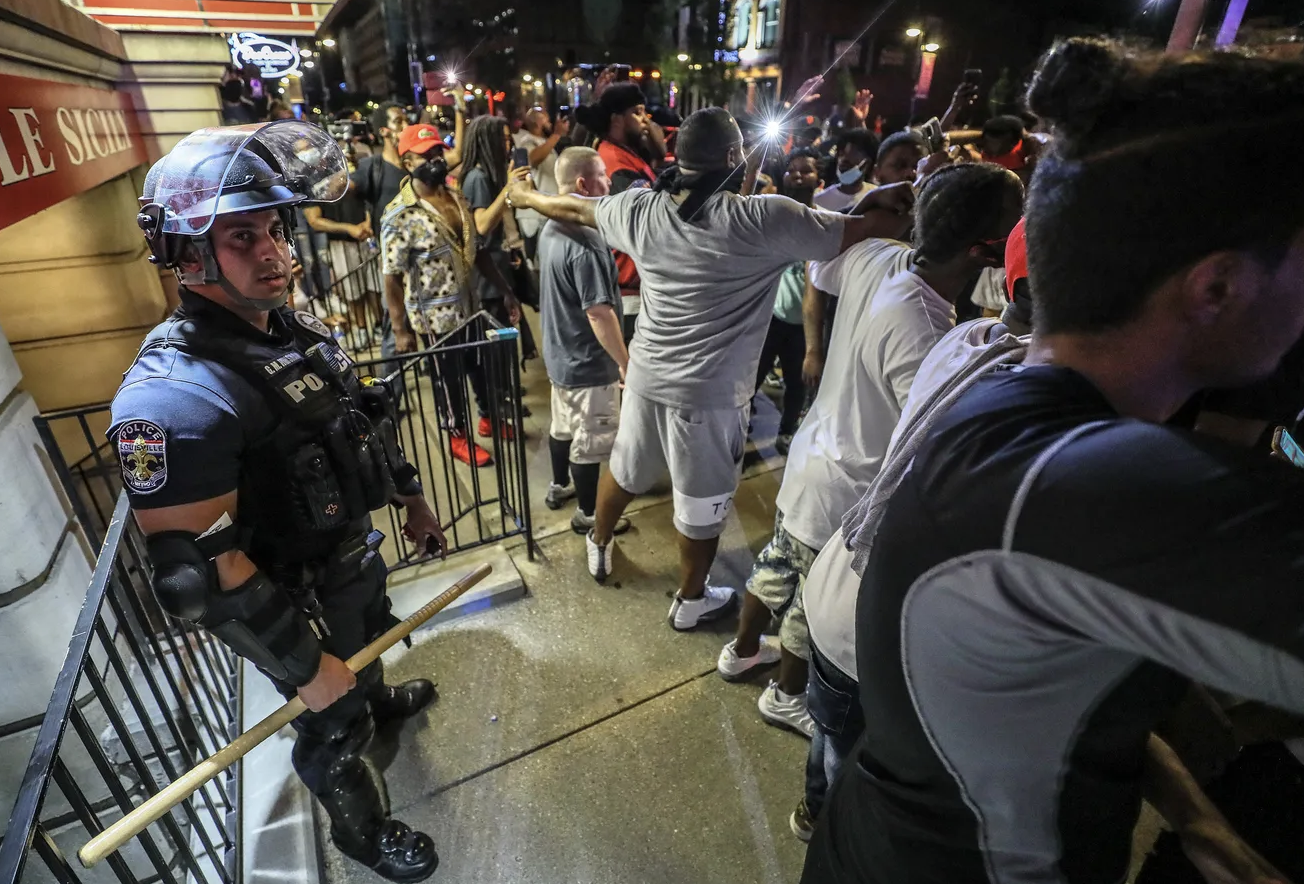When We Cross the Divide: Stories of Compassion That Defy the Odds
By Emiliano Rodríguez Nuesch and María Morena Vicente
Sometimes, compassion shows up where we least expect it. In places defined by violence, grief, or deep-rooted division, a small gesture, a shared meal, a quiet gesture or a brave act, can pierce through decades of mistrust.
These moments challenge the differences that keep us apart: group identity, moral tribalism, historic resentment. They remind us that empathy can break through psychological barriers that bias our thoughts.
Here are six stories where unlikely collaboration broke through the usual walls.
The Christmas Truce (World War I)
During the first Christmas of World War I in 1914, an unofficial, spontaneous truce occurred along parts of the Western Front, where soldiers from opposing sides, primarily British and German troops, temporarily ceased hostilities, meeting in "no man's land" to celebrate the holiday together.
Getty Images.
Opposite sided soldiers left their trenches to sing, share gifts, and play soccer and celebrate Christmas Eve amidst this world wide conflict.
“When empathy crossed No Man’s Land.” What does it take to pause a war for a song?
“Enemy Kitchen” by Michael Rakowitz
A food truck run by U.S. veterans and Iraqi cooks. “Every American has a relationship with Iraq,” says artist Michael Rakowitz, the creator of Enemy Kitchen, “whether they like it or not.”
In this video, Rakowitz talks about this mobile art project, making Iraqi culture visible in the US and emphasizing the importance of customers knowing, not only the recipes but also the hands that are serving their food.
Enemy Kitchen seizes the possibility of cultural visibility to produce an alternative discourse. Sometimes it takes food—and memory—to change a narrative.
The Ebola Burial Teams, Sierra Leone
Strangers—and sometimes former enemies from rival ethnic or political groups—risked their lives to bury the dead with dignity during the Ebola epidemic. In a climate of fear, misinformation, and stigma, these teams defied deep-rooted divisions. Their actions showed that even in the face of deadly risk, compassion can override distrust and long-standing conflict.
Community members look on as Concern Worldwide’s Burial Team 7 attends the home of a 44-year-old woman in Freetown who had recently died, likely from Ebola. (Photo: Kieran McConville/Concern Worldwide).
“From Distrust to Duty.” In the face of fear, solidarity became stronger than stigma.
Daniel Sewah, a sprayer with Concern Worldwide’s Burial Team 7, has a wife and 3 children. “My wife supports me,” he says, “but my neighbors have turned their backs. I am not working for myself, but for my country — for humanity.” (Photo: Kieran McConville/Concern Worldwide.)
Seeds of Peace Camp
At this summer camp, youth from conflict zones—such as Israelis and Palestinians, Indians and Pakistanis, and others from areas marked by long-standing violence—come together not as enemies, but as teenagers. Through dialogue, teamwork, and shared experiences, they begin to see each other beyond the narratives they grew up with. Seeds of Peace helps them build the courage and skills to become leaders who work across divides for a more just and inclusive future.
Rumi Kabir, from grade 10, reminds us of the power of human connection and how international friendships can foster empathy and unity across divides. As a Seeds of Peace alumnus, he has first-hand experience in fostering cross-cultural connections and breaking down barriers.
“Compassion at Camp.” What happens when you share a bunk bed with someone you were told to hate?
Humans of Compassion
Protestors save a police officer during a riot in Louisville.
Michael Clevenger / Courier Journal.
Five men formed a human shield to protect Hinshaw, the police officer who was standing alone in the crowd.
All of them strangers to one another. Nobody knew the name of the man to his left or to his right. They all linked arms to keep harm away from Hinshaw.
“A human was in trouble, and right is right," said Ricky McClellan, one of the protesters.
Michael Clevenger / Courier Journal.
Israeli and Palestinian Bereaved Families Forum
People who lost loved ones in the conflict come together to grieve and build peace. They formed The Parents Circle, an organization made up of Israelis and Palestinians who have lost an immediate family member to the conflict, seeking for reconciliation.
Watch this inspirational TEDx talk by Robi, an Israeli mother, who ponders the possibility of meeting her son David's killer, and asks herself some compelling questions: Can a person who stole the life of a woman's child ever truly be forgiven? Is the dialogue between perpetrators and victims the key to ending the bloody never ending Israeli/Palestinian conflict? And can a glimmer of hope come from a place of unbearable pain? Recognizing the humanity in the other must be a recipe for ending the cycle of violence.
“Grief Without Borders.” Shared pain opened a door that politics kept closed.
Why Do These Stories Matter?
Because they remind us that the biggest walls aren’t made of concrete, they’re psychological and we have the power to address that.
These stories show us that compassion is far from being weak. They push back against the narratives that tell us who deserves our care and who doesn’t.
Which of these moments stayed with you? What divides could we start to cross, if only we tried?






